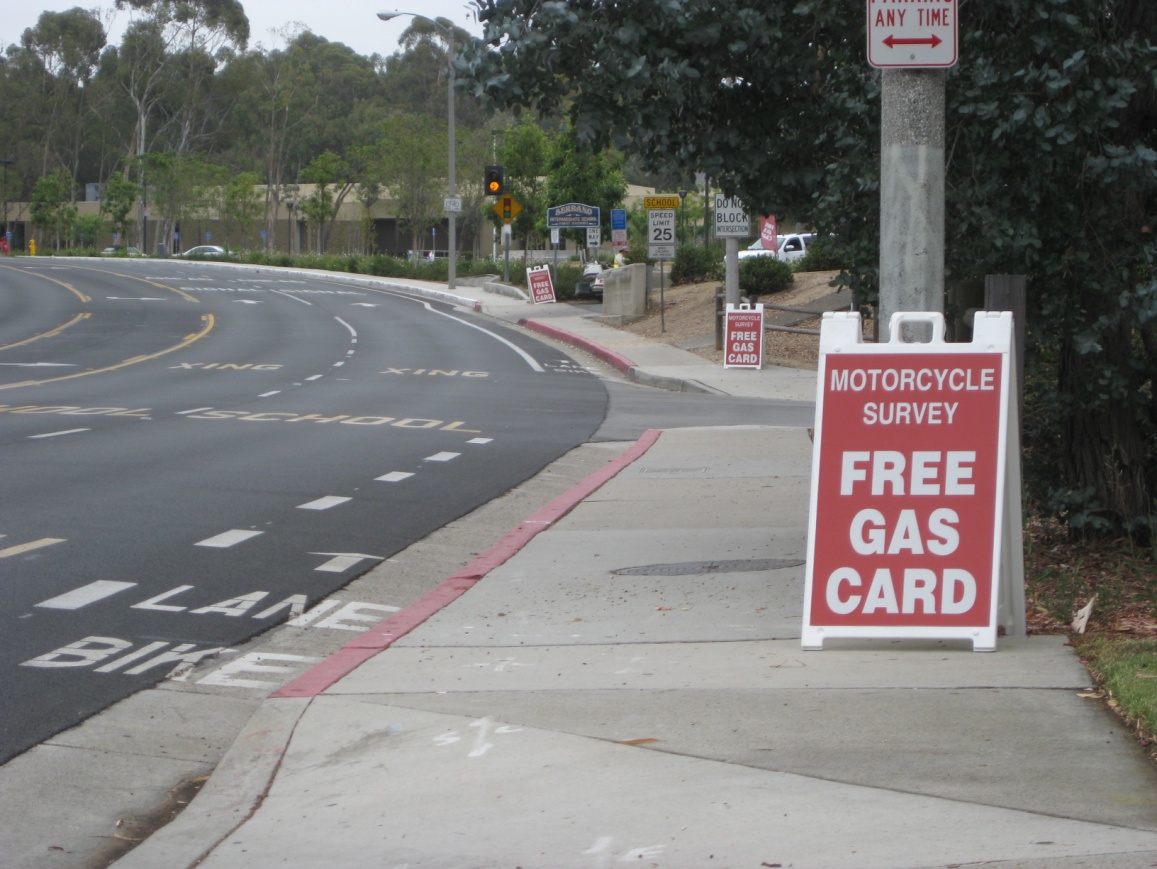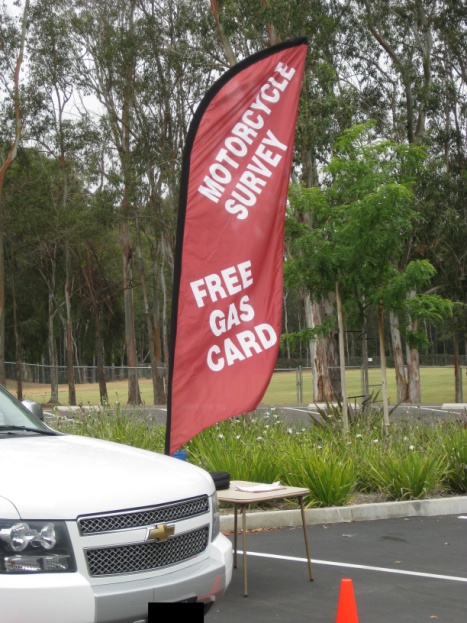Response to OMB Questions_Collection Method
FHWA MCCS_OMB Response_20111017_v2.docx
Pilot Motorcycle Crash Causes and Outcomes Study and Motorcycle Crash Causation Study
Response to OMB Questions_Collection Method
OMB: 2125-0619
FHWA Motorcycle Crash Causation Study
OMB Follow-up
10/17/2011
Addressing the Collection of Control Data
In 2005, in anticipation of forthcoming legislation that would require FHWA to conduct a Motorcycle Crash Causation Study (MCCS), NHTSA developed and subsequently performed a Motorcycle Crash Causes and Outcomes Pilot Study. The results and materials from the NHTSA study were used to develop the FHWA main study. As a result FHWA and NHTSA partnered closely to ensure that the Pilot Study would accommodate the requirements for the full study as dictated by the legislation. Included in the legislation is the requirement that the full study use the OECD methodology to collect the crash data. The OECD methodology requires that for each crash that is investigated, two control cases must be collected. The control data is to be collected near the location of the crash in an environment that is similar to the one in which the crash occurred, e.g. same day of the week, time of day, weather, traffic conditions, etc. This data will provide perspective on the riders who are not involved in crashes while riding under the similar conditions that previously resulted in a crash.
During the pilot study, the most challenging aspect of control data collection was getting the control riders to stop for an interview. After the completion of the Pilot Study, a significant amount of time was spent discussing possible solutions to this issue. Below is a list of changes that were made in the control data collection protocol:
A third investigator was hired whose primary responsibilities are associated with control data collection. Two crash investigators from the Pilot Study were re-hired for the FHWA main study. The primary responsibility of these two investigators is to collect the crash data. In addition, a dedicated control data collector was hired. This investigator is a retired police officer with significant experience in traffic and motorcycle patrol. Having an investigator assigned to control data collection will hopefully allow the other crash investigators to respond to a crash notification without having to abandon the control collection site. In addition, this investigator will be able to identify successful strategies that increase rider participation.
The signage used to identify the location of control rider interview site was improved. Conversations with the crash investigators from the Pilot Study revealed that only having one sign to announce the data collection site did not give possible control riders enough time to make a decision about participating or change lanes. Therefore, two more sandwich-board signs were purchased along with vertical banners. The sandwich-board signs are to be placed far enough ahead of the data collection location to allow the riders to consider whether or not they would like to participate and allow for enough time and distance to change lanes if necessary. The vertical banners will be used to identify the location of the control data collection site. Additionally, the investigators will display their own motorcycles at the interview location when possible.
|
Demonstration of new sign displays to be used in control data collection. |
FHWA has been working with study partners and outside groups to increase awareness of the study. The motorcycle rider community is generally known to be skeptical of any Federal research effort that pertains to motorcycle safety. Therefore, while skepticism will always exist, it is also important to effectively present the message that the ultimate goal of the MCCS is to create a safer riding environment.
a) To promote this message, FHWA is currently working with the American Motorcyclist Association (AMA), who is a financial partner in the study, to include an article in their newsletter that explains the nature of the study and the necessity of rider participation.
b) In addition, the study team hosted a luncheon in Anaheim, CA with representatives from the local police agencies, many of whom are motorcycle riders themselves, to promote participation in the project. Also, a representative from FHWA will give a presentation in November, 2011 to a special group within the California Department of Transportation (Caltrans) whose primary concern is motorcycle safety within the State.
c) Finally, FHWA continues to promote awareness of the study at various meetings and conferences. It is the hope of the MCCS team that these combined efforts will help inform the riding public about the importance of the study and about the necessity of rider participation.
| File Type | application/vnd.openxmlformats-officedocument.wordprocessingml.document |
| Author | craig.thor |
| File Modified | 0000-00-00 |
| File Created | 2021-01-31 |
© 2026 OMB.report | Privacy Policy

